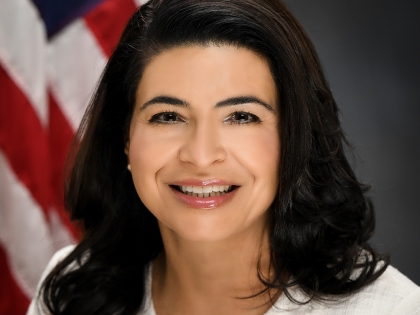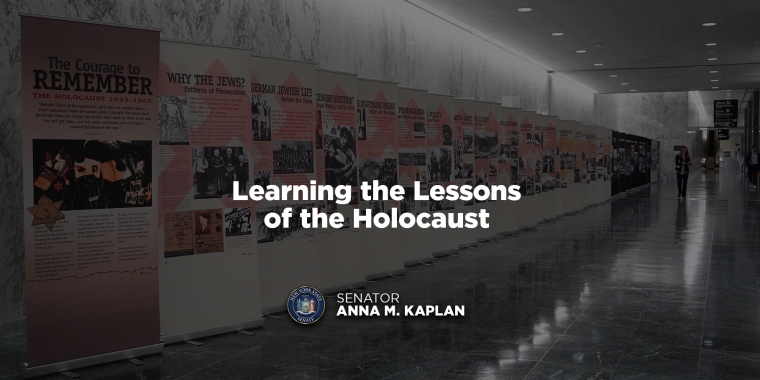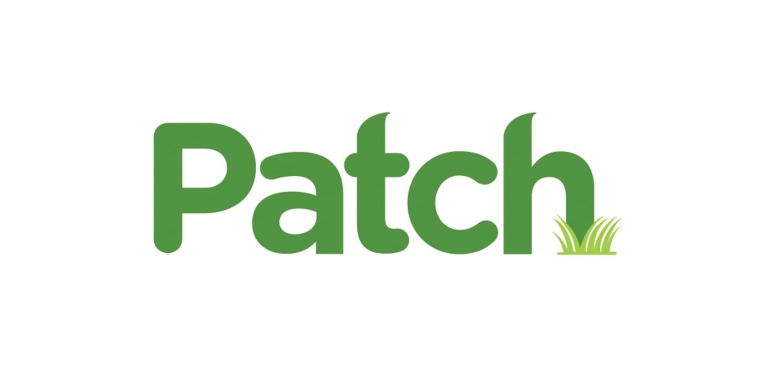
State seeks status as ‘Safe Harbor’ for abortion

Legislative Democrats and Gov. Kathy Hochul are leaving no doubt that New York will do all it can to be a state friendly to those who perform abortions.
It’s all part of the ongoing response to a leaked draft U.S. Supreme Court decision stating the court is on the brink of overturning the 1972 landmark case Roe v. Wade.
Three more pieces of abortion-friendly legislation have been introduced in the state Legislature so far this week — funding for abortion providers and nonprofits to increase access to abortion care, another bill prohibiting medical malpractice insurance companies from taking action against a reproductive health care provider providing legal reproductive health care and a bill prohibiting professional misconduct charges against licensed medical professionals for providing abortion and reproductive health services to patients who live in states where such services are illegal.
Hochul on Tuesday directed the state Health Department to allocate $25 million to create the state’s first abortion provider fund. It would be the largest such fund in the nation. The Department of Health will release an expedited application for both grant and reimbursement requests from providers, and will begin distributing funds to providers by the time a final Supreme Court decision would be released.
Hochul also directed the Division of Criminal Justice Services to administer $10 million in funding for safety and security capital grants for abortion providers and reproductive health centers to further secure their facilities and ensure the safety of patients and staff. A request for proposals to allow organizations to apply is expected to be issued by the time a final Supreme Court decision would be released. Application of this new funding will be modeled after Hochul’s Securing Communities Against Hate Crimes program, which provides grants to strengthen safety and security measures at buildings owned or operated by nonprofit organizations at risk of hate crimes or attacks because of their ideology, beliefs, or missions.
“New York has always been at the forefront of the fight for abortion rights, and as the first female governor of New York, I will not let us go backwards,” Hochul said. “I will never stop fighting to make New York a safe harbor for all who need care and a blueprint for other states to follow. To truly guarantee that everyone who needs an abortion can get one in New York state, we must ensure that providers have the resources, capacity, and protections they need. This landmark funding will get resources into the hands of clinics who need our help — safeguarding access to abortion in our state and setting an example for the rest of the nation to follow.”
NEWEST LEGISLATION
All three senators who have introduced bills this week to strengthen abortion protections noted SB 8 in Texas as an example of the types of laws that are likely to be passed in Republican-led states around the country, particularly if Roe v. Wade is overturned.
SB 8 prohibits abortions once medical professionals can detect cardiac activity, usually around six weeks. Enforcement is left up to private citizens who are deputized to file civil lawsuits against abortion providers, as well as others who help a woman obtain an abortion in Texas.
After Texas’ law went into effect Republican lawmakers in at least half a dozen states said they would consider introducing bills using the Texas law as a model, hoping it provides a pathway to enacting the kind of abortion crackdown they have sought for years.
New York’s response has been the opposite.
S.9079, sponsored by Sen. Anna Kaplan, D-Carle Place, would prohibit professional misconduct charges against licensed medical professionals for providing abortion and reproductive health services to patients who live in states where such services are illegal.
“It is vital that New York state do all it can to ensure that anyone who needs an abortion can receive one, and that any medical professional who provides such services does not risk their license as a result,” Kaplan wrote in her legislative memorandum. “This legislation will prevent any disciplinary action from being taken against a health care provider in New York state for performing reproductive services that are legal in New York state but legally prohibited elsewhere, protecting doctors and ensuring that use abortion services can be safely accessed in New York.”
S.9080, sponsored by Michelle Hinchey, D-Kingston, prohibits medical malpractice insurance companies from taking any adverse action against a reproductive health care provider who provides legal reproductive health care. Companion legislation (A.9718) has been introduced in the state Assembly.
“With the proliferation of telehealth services, prescription medication and other reproductive health care can be provided to patients virtually, making it easier for providers to care for patients across state borders,” Hinchey wrote in her legislative memorandum. “This legislation will prevent insurers from taking action against a health care provider in New York state for performing reproductive services that are illegal elsewhere, protecting doctors and ensuring that women can safely access abortion and related reproductive health care services in New York.”
S.9078 seeks to write into law the Reproductive Freedom and Equity Program through the state Health Department to provide funding to other agencies through grants. Spending would be part of the state budget process each year.
“It is imperative that this bill pass this session,” wrote Sen. Cordell Cleare, D-New York City, in her legislative memorandum. “By the end of June 2022, the U.S. Supreme Court is poised to overturn Roe v. Wade, the 1973 case that acknowledged the constitutional right to an, abortion. If Roe falls, abortion access is expected to further erode in at least 26 states across the country. As a result, for 190,000 to 280,000 women living out-of-state, New York would become their nearest location to an abortion provider. Abortion is essential health care, a service that one in four women of reproductive age will obtain in their lifetime. In 2019, New York affirmed the right of an individual to access abortion care here in New York. However, we know, a right is meaningless if one cannot exercise it. This legislation is a necessary extension of the legislature’s work to protect the right to abortion here in New York.”


